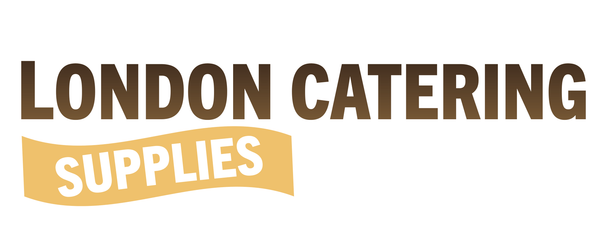
When it comes to the food industry, the spotlight is often on the manufacturers and retailers. The contribution of the food logistics provider which is vital for the successful running of operations is often overlooked. It’s no brainer that improper storage and handling of food can result in spoiled items, expensive recalls, and a tarnished brand reputation.
Packaging, storage, and distribution are undeniably crucial elements of the food supply chain. They play a pivotal role in ensuring the finished products reach retail stores on time and in optimal condition. With competition ramping up, the sector faces diverse challenges on several fronts that can hinder growth. We have pulled out 5 major challenges the food storage and distribution companies need to look out for so that they can surmount them with novel approaches.
Temperature Controlled Capabilities:
Apart from requiring a high level of hygiene and sanitisation, food products need to be refrigerated or frozen. Even shelf-ready products like canned goods, potato chips, and beverages will spoil if stocked up at improper temperature. The logistics provider must have the potential to handle the products efficiently at every step. He should be equipped with warehouses, cargo containers, and trailers to store and transport the food items at the right temperature so that they reach the target market in impeccable condition.
Endless Possibilities of Food Packaging:
Taking food packaging for granted is a huge mistake. Sure, the main purpose of packaging is to hold the product securely and protect but it from the rigours of haulage. But packaging is not just functional. It can be used to build the brand image for that competitive edge. Yes, it’s true. Attractive packaging designs can entice customers to buy the product. But the main challenge for the food industry comes from the new generation of consumers who have different expectations.
They feel additives in packaging materials may be impacting health and wellness. Reputable companies for food packaging in London understand this. They are using innovative techniques to come up with sustainable and plant-based solutions to create quality product packaging. Besides metal and plastics, they are providing eco-friendly containers and custom glass bottles for different beverages and soft drinks like Pepsi, Dr. Pepper, or Canada dry ginger ale UK, to make a powerful brand statement.
Understanding Demand:
Perhaps the biggest challenge faced by this industry is that of supply and demand. Given that consumers’ preference for food and beverages tends to shift frequently, distributors can sometimes find it difficult to keep up with the changing trends. To alleviate this problem, they need detailed information about the demand situation to come up with strategic solutions for quick action.
Failure to Manage Inventory:
The food and beverage business involves goods that need to hit stores by a certain date as they have a limited shelf life. In such a scenario, excess food will go to waste and trigger loss whereas too little will result in unfulfilled orders and disappointed customers. What’s more, perishable items are highly prone to pathogens and foodborne bacteria if not handled hygienically. To counter this issue, distributors must have a well-organized system in place to control and monitor inventory throughout the supply chain. Besides keeping track of stock and controlling costs, effective inventory management can help in making better purchase decisions.
Disruptions in the Supply Chain:
The food supply chain is a multi-layered complex system. It involves several parties that have little or no idea of each other's actions. Unfortunately, bits of patchy information and poor communication between suppliers can cause disruptions at different levels. To ensure seamless functioning and eliminate the risk of unexpected problems cropping up, distributors need complete transparency and continuous interaction within the chain. Thanks to advancements in technology this can be accomplished with ease. There are several tools and apps available online that not only enable live chats with the parties involved but provide access to accurate information.
Last Word:
There’s no arguing that the challenges faced by the food supply chain are extensive. Whether its biggies or small pub food suppliers UK, the aforementioned issues can take a toll on the business prospects of both if appropriate steps are not taken. The key to growing and thriving in this cut-throat environment is to acknowledge the pitfalls and overcome them with innovative processes to support the evolving consumer demands.

